
Recommendation
As business leaders increasingly recognize the value of customer and employee experience to bottom-line performance, they’re looking for better ways to measure the impact of investments in customer experience (CX) and employee experience (EX). “Return on experience” (ROX) – a new, more holistic system of metrics – offers greater insight than old-school customer satisfaction and employee engagement measures. In a concise article for Strategy+business, Matthew Egol, a principal with PwC US and a leading practitioner in digital strategies for Strategy&, along with Reid Carpenter and Sujay Saha, both directors with PwC US, introduce ROX and outline major considerations for implementation.
Summary
About the Authors
Matthew Egol is a principal with PwC US and a leading practitioner in digital strategies for PwC’s strategy consulting business Strategy&. Reid Carpenter, a director with PwC US, also serves as co-director of the Katzenbach Center, PwC’s Strategy&’s global institute on organizational culture and leadership. Sujay Saha is a director with PwC US in the customer strategy practice.


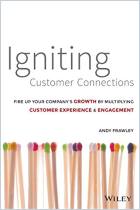
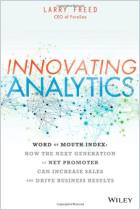
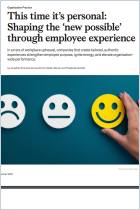
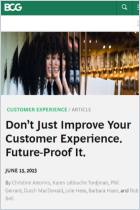
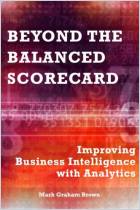
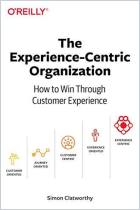



Comment on this summary